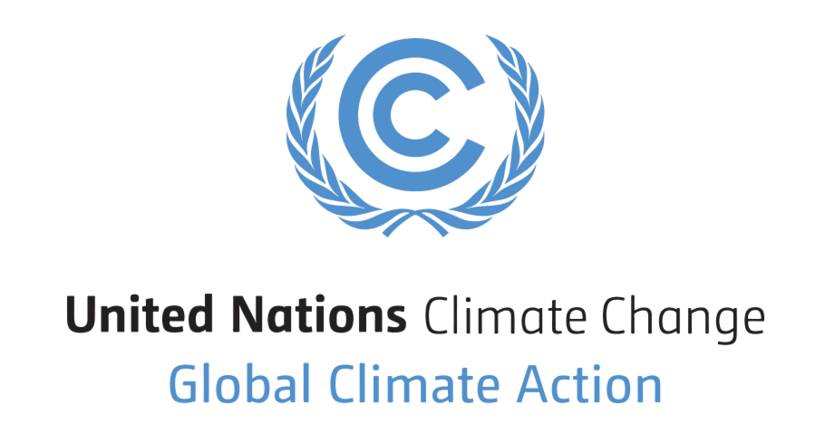In Bonn, parties fail to reach agreement on Global Stocktake’s call to transition away from fossil fuels
- 17 June, 2025
- 20:19

The climate community has flocked to Bonn once again for the annual June Climate Meetings, with the goal of paving the way for the 30th session of the Conference of the Parties (COP30) to the UN Framework Convention on Climate Change (UNFCCC), according to the Earth Negotiations Bulletin – IISD, Report informs via AZERTAC.
On the first day of the June Climate Summit, civil society members staged protests within the summit's corridors, emphasizing the critical need for immediate and decisive climate action.
As on previous occasions, the opening of the meeting was held up due to disagreement over the negotiations agendas. Two weeks ago, the Like-Minded Developing Countries (LMDCs) proposed two additional items for inclusion on the agendas of the Subsidiary Bodies: trade-restrictive unilateral measures, and developed countries’ provision of climate finance. Consultations on the agendas continued well into the evening, with the Chairs of the Subsidiary Bodies meeting with Heads of Delegation to find a way forward.
When plenary finally convened shortly after 9:30 p.m., divergences persisted regarding both proposed agenda items. Delegates debated a compromise to withdraw the proposed item on trade measures on the condition that related issues “will” or “may” be addressed under other relevant items, including on just transition — with the former supported by the LMDCs and the latter by the European Union (EU).
On the proposed finance item, the Group of 77 and China (G-77/China) called for the Chairs of the Subsidiary Bodies to hold substantive consultations and report back to parties at the next session in November 2025 to determine a way forward, including a potential standalone item on the matter. The EU objected, instead preferring to expand the proposed agenda item to also reference Article 9.2 (voluntary provision of support) and Article 9.3 (developed countries taking the lead in mobilizing climate finance from a variety of sources), on the understanding that this would help consolidate the finance agenda more broadly.
Plenary was suspended without agreement on the agendas. It resumed on Tuesday, June 17.
Throughout the day, a workshop on indicators to track progress towards the Global Goal on Adaptation (GGA) convened. Participants heard reports from eight groups of technical experts tasked with consolidating the draft list of indicators to track the thematic targets and targets related to the iterative adaptation cycle, as set out in the GGA Framework. Providing feedback, participants, among others:
- welcomed the refined list of 490 indicators;
- noted gaps in the list of indicators and questioned the relevance of some;
- highlighted the importance of focusing on vulnerable groups such as Indigenous Peoples, women and girls, and children and youth;
- called for indicators on means of implementation to focus on the provision of climate finance under the Paris Agreement;
- opposed indicators tracking domestic budgeting decisions; and
- stressed that indicators should not add to the national reporting burden.
Delegates also initiated the development of a new gender action plan. After some scene-setting presentations, participants engaged in interactive discussions, reflecting on activities in the existing action plan, discussing whether adjustments are needed, and brainstorming new ideas.
Another group of delegates met to discuss economic diversification, workforce transition, and response measures. Among others, they heard presentations on: a pilot project that turned a disused mine into a hydroponic farm; fly-ash brick manufacturing; and the impacts of carbon-border adjustment mechanisms. Parties’ comments highlighted that not all intend to follow the Global Stocktake’s call to transition away from fossil fuels.
